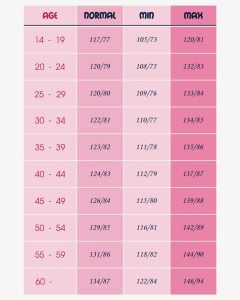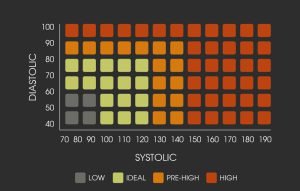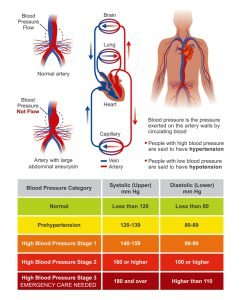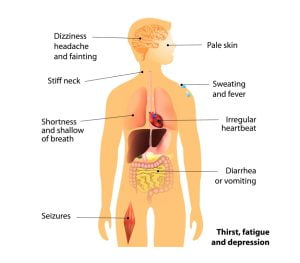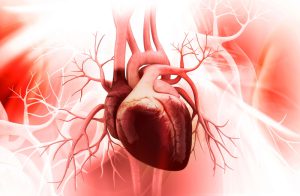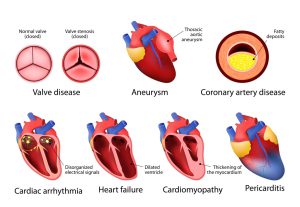Browsing: Hypotension (Low Blood Pressure) Graphics
Comprehensive Information, Resources, and Support on Hypotension (low blood pressure)
According to a study, up to about age 55, women are less likely to have high blood pressure (hypertension) than men. But after that, blood pressure in women tends to rise more sharply than it does in men. Hormones are considered a reason for this.
Use this blood pressure chart to learn what your blood pressure numbers mean. If your systolic and diastolic readings fall into two different categories, your correct blood pressure category is the higher category. For example, if the blood pressure reading is 125/85 millimeters of mercury, you have stage 1 hypertension. High blood pressure is called hypertension and low blood pressure is called hypotension.
Blood pressure is the pressure of circulating blood on the walls of vessels. When used without further specification, blood pressure usually refers to the arterial pressure in systemic circulation. A healthy blood pressure is 120/80 or less, but the lower you can get it, the better it is.
Symptoms of hypotension can include such as fatigue, lightheadedness, dizziness, nausea, clammy skin etc. Generally, if the blood pressure reading is lower than 90/60 mm Hg, it is abnormally low and is referred to as hypotension. There are some adults who regularly have a blood pressure (BP) in the hypotensive range, but they do not have any symptoms at all and do not require treatment.
If the normal range of blood pressure falls below 90/60mmHg, it indicates low blood pressure (hypotension). The causes associated with low blood pressure include reduced cardiac output, dilation of blood vessels, decrease in blood volume, inhibition of brain centers that control blood pressure, impairment of the autonomic nervous system, etc. Low blood pressure occurs when the arterial pressure (force on arterial walls in the heart) reduces due to lack of proper blood flow (due to plaque, hemorrhage, hormonal abnormality, etc). This reduces the blood flow to the brain (called brain perfusion).
Heart disease is a term that covers a range of disorders that affect the heart. Coronary artery disease is the most common type of heart disease.
ADVERTISEMENT




